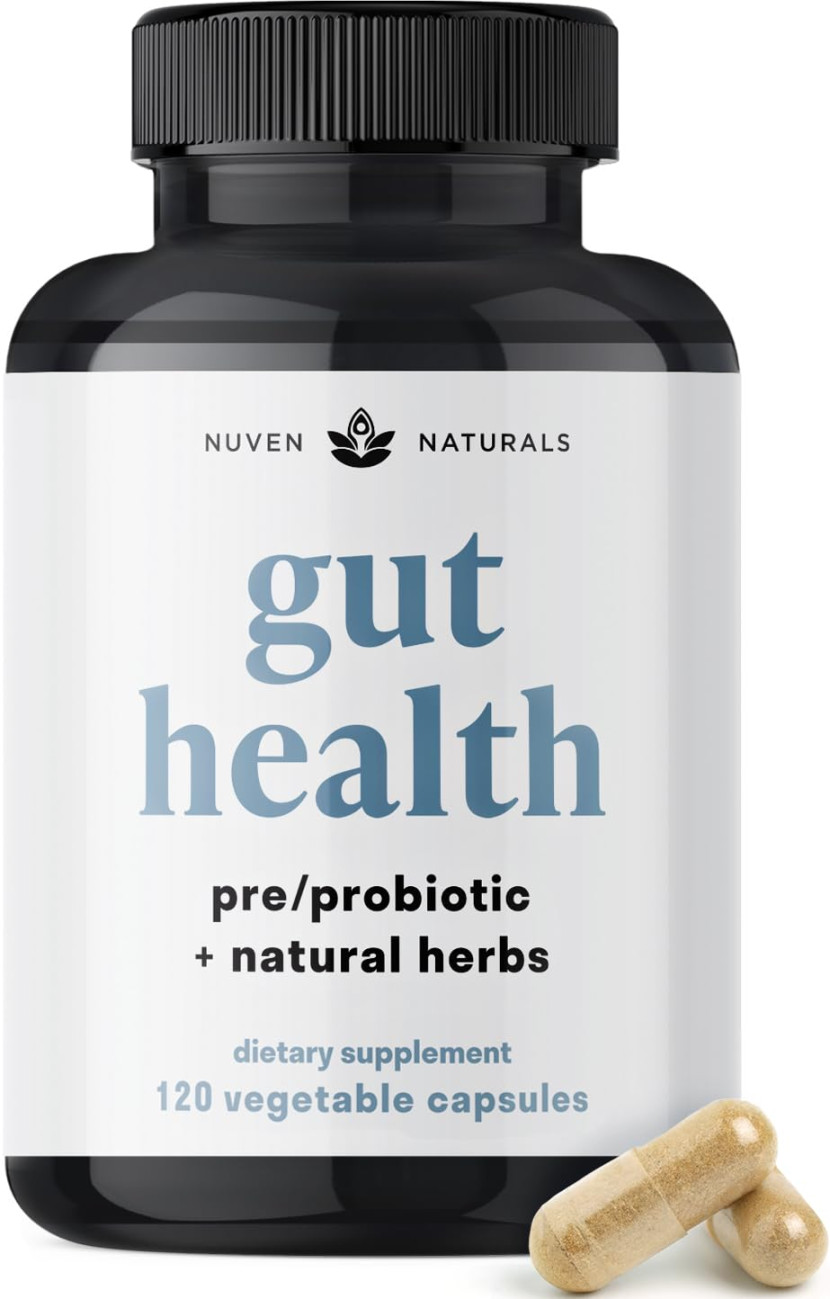Imagine your gut as a bustling city, teeming with life. It’s a complex ecosystem, home to trillions of microorganisms, including bacteria, viruses, and fungi. These tiny inhabitants play a crucial role in your overall health, from digestion to immunity. And at the heart of this bustling metropolis are probiotics.
Probiotics are live microorganisms that, when consumed in adequate amounts, confer health benefits to the host. In simpler terms, they’re the friendly bacteria that help your gut function optimally. They’re like the city’s sanitation workers, cleaning up waste and keeping things running smoothly.
Why Probiotics Matter

Probiotics are essential for maintaining a healthy balance of bacteria in your gut. This balance, known as the gut microbiome, is crucial for various bodily functions. Here’s why probiotics are so important:
Digestion: Probiotics help break down food, absorb nutrients, and prevent digestive issues like constipation, diarrhea, and bloating.
Types of Probiotics
There are many different types of probiotics, each with its own unique benefits. Some of the most common types include:
Lactobacillus: This genus of bacteria is commonly found in the human gut and is often used in yogurt and other fermented foods.
Choosing the Right Probiotic
When choosing a probiotic supplement, it’s important to consider the following factors:
Strain: Not all probiotic strains are created equal. Some strains may be more effective for specific health conditions.
Incorporating Probiotics into Your Diet
In addition to taking probiotic supplements, you can also increase your intake of probiotics by consuming fermented foods. These foods are naturally rich in beneficial bacteria. Some examples of fermented foods include:
Yogurt
Conclusion
Probiotics are essential for maintaining a healthy gut and supporting overall well-being. By incorporating probiotics into your diet, you can improve your digestion, boost your immune system, and enhance your mental and physical health.
 Udento Lifestyle & Health
Udento Lifestyle & Health




